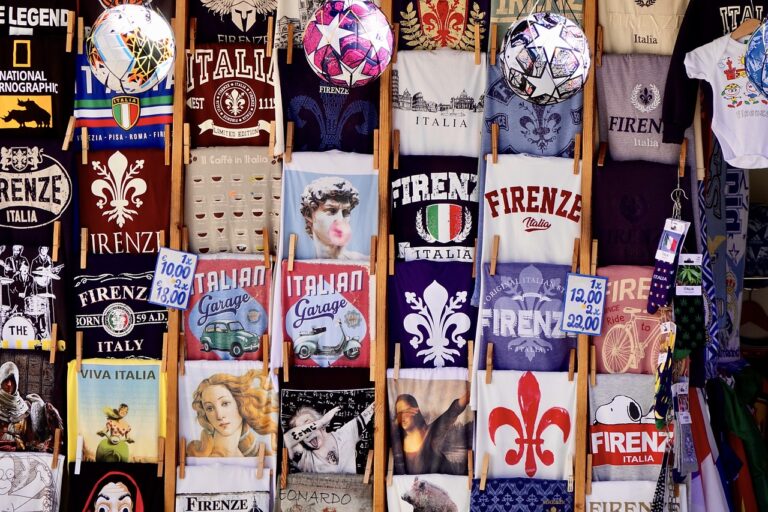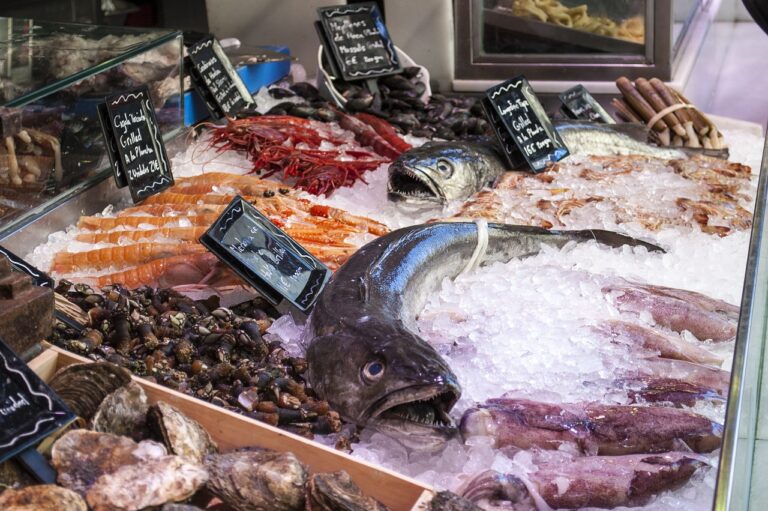The Impact of Social Media Challenges on Shopping Behavior
With the increasing integration of social media in daily life, it comes as no surprise that it has a significant impact on consumers’ shopping habits. Platforms like Instagram and Facebook have transformed into virtual shopping hubs where users can discover new products, read reviews, and make purchases with just a few clicks. The constant stream of content and advertisements bombarding users has molded their preferences and influenced their purchasing decisions.
The rise of social media influencers and their power to sway consumer behavior cannot be underestimated. These individuals have amassed large followings who trust their opinions and recommendations. By partnering with influencers, brands can tap into their extensive reach and credibility to promote their products effectively. This form of marketing has proven to be incredibly successful in driving sales and shaping the shopping habits of a digitally-connected audience.
The Rise of Influencer Marketing in the Retail Industry
Influencer marketing has swiftly become a dominant force in the retail industry, with influencers wielding substantial power to sway consumer preferences and purchasing decisions. Brands are increasingly collaborating with influencers to promote their products or services to a vast audience that trusts and values the influencers’ opinions.
The authenticity and relatability of influencers resonate strongly with consumers, leading to higher engagement levels and increased brand loyalty. As influencers seamlessly integrate product recommendations into their lifestyle content, they effectively blur the line between advertising and genuine recommendations, making their endorsements more persuasive to their followers.
How Social Media Challenges Drive Consumer Purchasing Decisions
Consumers today are constantly seeking interactive and engaging content on social media platforms. The allure of participating in challenges, such as photo contests or viral trends, often prompts individuals to explore new products and services. These challenges create a sense of excitement and urgency, driving consumers to make purchasing decisions based on the emotional connection formed through social media interactions.
Moreover, social media challenges have the power to influence consumer behavior by tapping into the FOMO (fear of missing out) phenomenon. When users see their peers participating in challenges and sharing their experiences online, it can create a sense of curiosity and desire to be part of the trend. This fear of missing out on a popular challenge motivates consumers to not only engage with the content but also consider trying out products or services associated with the challenge.





